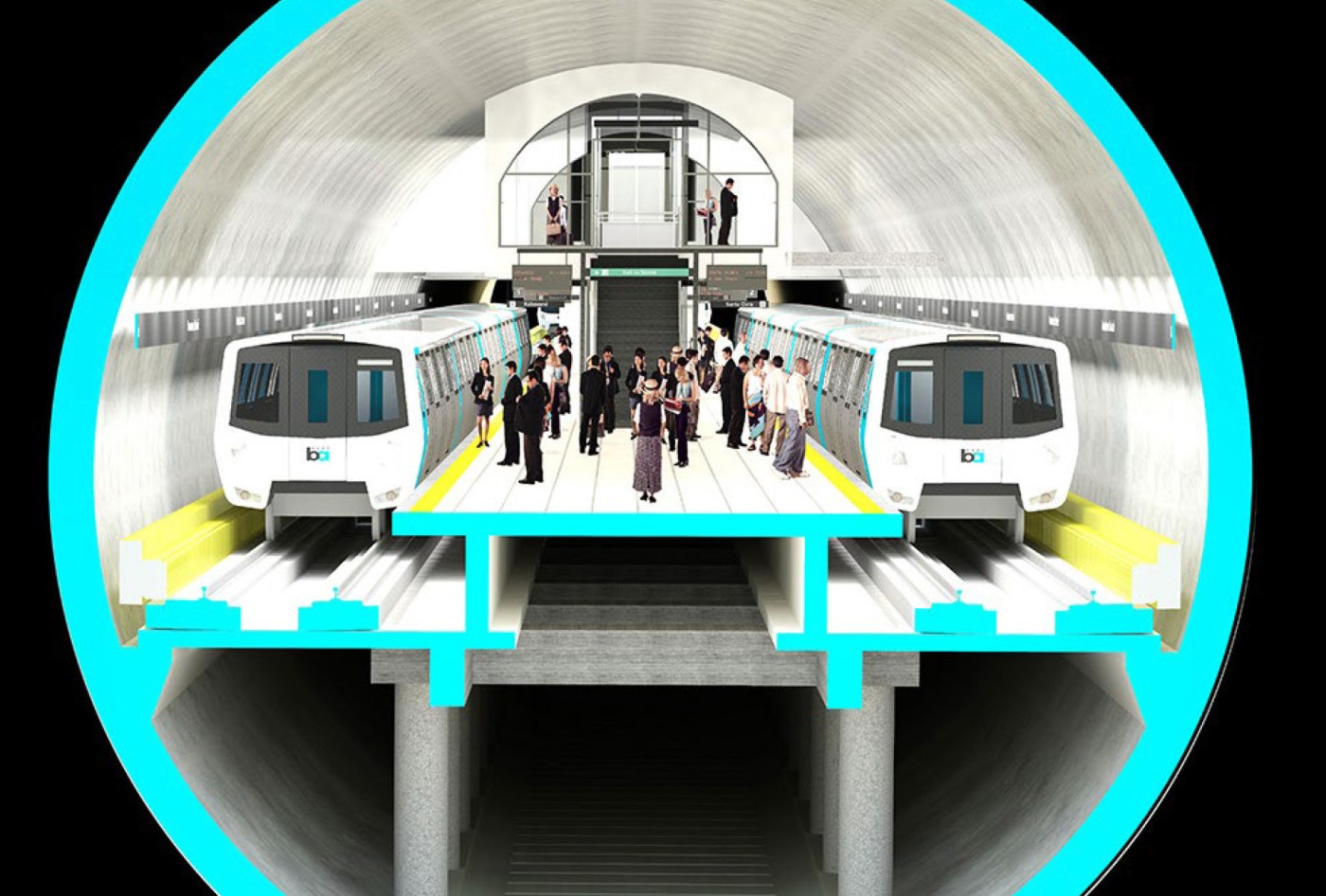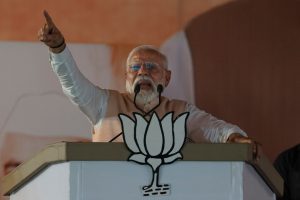As a Bay Area transit advocate for over 30 years, I see no good news on the horizon.
My concerns run much deeper than the panic of the day — the “fiscal cliff.” Working at home is reshaping our travel patterns, deemphasizing the commute to central city downtowns. With the riderships of BART and Caltrain way down, their business models no longer work. Specializing in precisely the kind of commute that is no longer in demand leaves these agencies in serious financial trouble.
Rather than adapt their operations to the new reality, BART’s solution is to ask the public for more money.
The Metropolitan Transportation Commission (MTC), the agency that makes transportation decisions for the Bay Area, supports that “solution.” MTC was enabling BART’s unwillingness to adapt by sponsoring SB 1031, a bailout of these agencies. Leaders of Santa Clara and San Mateo counties are unhappy with SB 1031, and the bill has stalled in the Legislature for now.
That would be a good thing. It’s time for transit agencies to recognize that times have changed, requiring them to adapt to new conditions. That’s going to be necessary, because after decades of transportation sales taxes and bridge toll increases, the public is not likely to pony up yet again (especially in a poor economy).
We didn’t need to end up here. This mess is the consequence of decades of poor choices made by MTC.
Starting in the mid-90s, transit advocates urged MTC to shift its funding away from highway widenings to transit. Our idea was that building a seamless network of low-cost projects would make transit convenient and very available.
It was obvious to us that highways would continue to fill up, making rush-hour commuting by car miserable. We sought to create a societal shift, in which transit would become the preferred way to get around. MTC instead chose to retain its highway focus, as MTC’s Commissioners were local politicians who were unable to imagine anything different.
MTC also chose to fund very high-cost BART projects that provide high-wage jobs for politically connected construction trades and big contracts for construction contractors and consultants but don’t do much for riders. Given BART’s fiscal problems, the Santa Clara Valley Transportation Authority’s spending $13 billion for a BART extension tunneling under downtown San Jose is crazy. Under MTC’s management, overall transit spending has doubled since the ’80s, even after adjusting for inflation, but transit ridership has gone down, despite the increase in population. This was a massive policy failure.
Since a transformation to a transit culture didn’t take place, the region is now stuck with a very expensive transit system that most people don’t ride. Essentially, MTC has sunk many billions of dollars into creating the region’s transportation infrastructure, which doesn’t work well. I think we’ve arrived at a dead end — I don’t see any pain-free solution.
Related Articles
Caltrain service suspended June 8-9 from SJ to SF
Big boost for Contra Costa’s one-call paratransit plan
4 hurt in 7-vehicle crash on Highway 17; all lanes reopen after traffic delay
Amtrak offering Auto Train sale, free kids fares
Simitian holds ‘office hours’ at Cupertino Farmers’ Market
Is there any way to fix MTC? There’s no simple way to reform it. Bringing together local politicians leads to the divvying up of the transportation pork for their respective communities. Too many politicians promote transportation projects that boost their political profiles and reward their allies. Those projects tend to waste lots of money, preventing more beneficial projects from proceeding. Ever since the greed-is-good 80s, the very ideas of public service and the common good have gone out of the culture.
As if that wasn’t bad enough, the Legislature then gave MTC the power to finance housing. It plans to place a $20 billion housing bond measure on the November ballot. If MTC’s transportation outcomes are any guide, that would be an ineffective use of scarce public dollars. The best we can do is not give them more money.
David Schonbrunn is president of transdef.org, a transit advocacy group.












